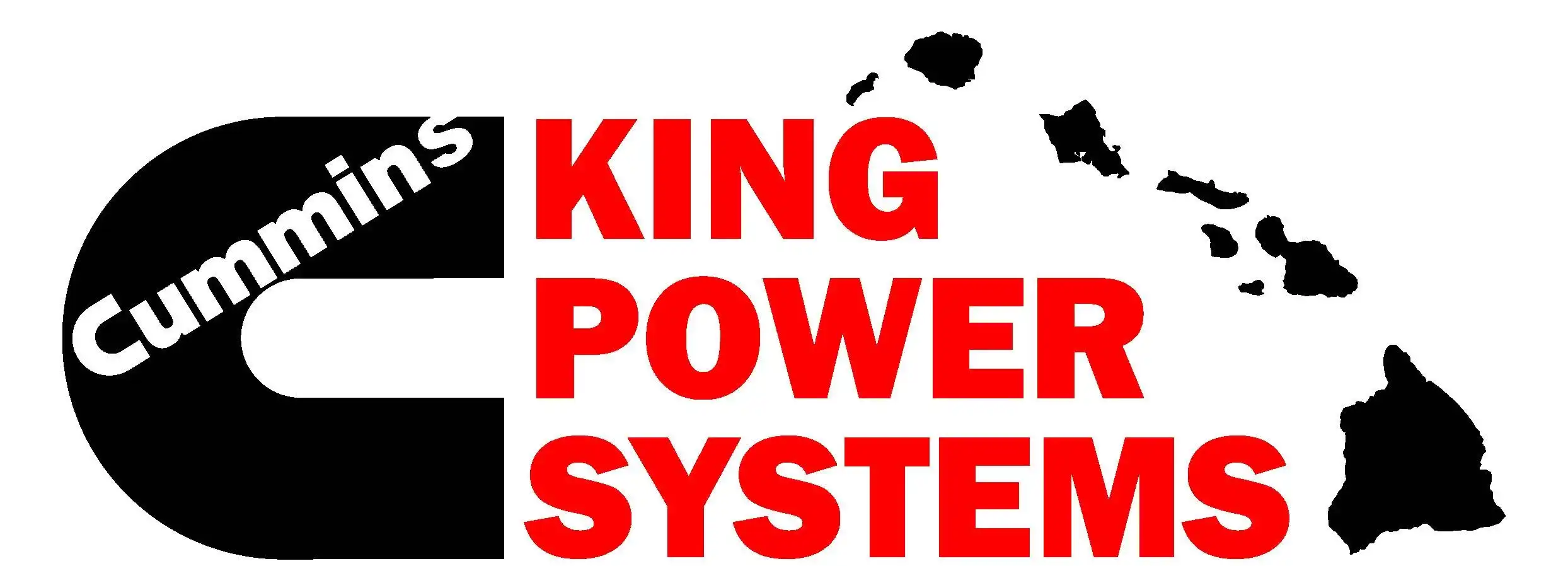Hirono Introduces Legislation to Bridge Digital Equity Gap
Sens. Mazie Hirono, Patty Murray, and eight of their US Senate colleagues introduced legislation last Thursday that aims to close the digital gap facing communities across the country. The Digital Equity Act of 2019 would establish two federal grant programs that would support projects at the state and local level to promote digital equity. The bill would also support efforts that ensure students, families, and workers have access to necessary technological resources and information.
According to Hirono, the internet is a powerful tool that has become instrumental in economic and social mobility and civic engagement. The act will provide grants for digital literacy and digital skills education to low-income populations and improve the online accessibility of social services for individuals with disabilities, Hirono added.
“In 2009, Hawaiʻi capitalized on funds made available under the American Recovery and Reinvestment Act to expand broadband to schools and public computer centers, making it one of the most-connected states in the country. But physical infrastructure is only part of the equation,” Hirono said. “The Digital Equity Act…will allow the people of Hawaiʻi, including historically underserved populations like the Native Hawaiian community, to make full use of what broadband has to offer. Only then can they fully participate in our society, democracy, and economy.”
The National Digital Inclusion Alliance defines digital equity as the “condition in which all individuals and communities have the information technology capacity needed for full participation in our society, democracy and economy.” Unfortunately, the United States has not reached a state of digital equity. People from communities of color, people with disabilities, low-income households, and rural communities, in particular, face a digital skills gap. According to Hironoʻs press secretary, this gap puts them at a higher risk of being excluded from today’s advanced, technology-driven economy and society, exacerbating wealth and income gaps.
“Local and state leadership drive most efforts to bring people online with affordable Internet access and training,” NDIA executive director Angela Siefer said. “On the one hand, this is fabulous because trusted community relationships are essential to effective digital inclusion work. On the other hand, financial support of local digital inclusion work is sorely lacking. The Digital Equity Act recognizes the value of local trusted institutions while allocating financial support.”
The Digital Equity Act would:
- Strengthen federal support for digital equity plans by creating an annual $125 million formula grant program for all 50 States, the District of Columbia, and Puerto Rico to fund the creation and implementation of comprehensive digital equity plans in each State (with 5 percent of funds set aside for Indian tribes, Alaska Native entities, and Native Hawaiian organizations, and 1 percent of funds set aside for US territories)
- Establish a $125 million competitive grant program to support digital equity projects undertaken by individual groups, coalitions, or communities of interest (with 5% of funds set aside for Indian tribes, Alaska Native entities, and Native Hawaiian organizations, and 1% of funds set aside for US territories)
- Task the National Telecommunications and Information Administration with evaluating digital equity projects and providing policymakers at the local, state, and federal levels with detailed information about which projects are most effective.
In addition to Senators Hirono and Murray, the Digital Equity Act is also cosponsored by Sens. Angus King, Sheldon Whitehouse, Jack Reed, Richard Blumenthal, Amy Klobuchar, Tina Smith, Chris Van Hollen, and Gary Peters.
More information about the bill can be found online. A summary section-by-section is available online. The full text of the bill is also available online.









